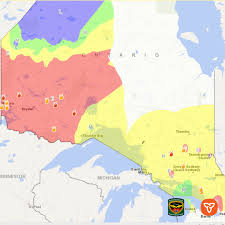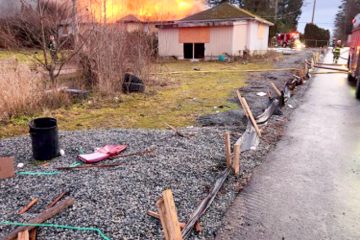Current Status of Forest Fires in Ontario

Introduction
Forest fires in Ontario have become a pressing concern in recent years, particularly with the increasing risks posed by climate change. The frequency and intensity of these fires not only threaten natural habitats but also pose risks to local communities and air quality. Understanding the current situation, preventive measures, and community preparedness is vital for residents and stakeholders.
Recent Developments
As of late summer 2023, Ontario has experienced a significant number of forest fires, with reports indicating over 1,300 fires since the start of the fire season. The Ministry of Natural Resources and Forestry has stated that the severity of this year’s fire season has been exacerbated by prolonged periods of hot, dry weather and lightning strikes. The city of Sudbury has been particularly affected, with smoke and ash impacting air quality across the region.
Authorities have implemented region-specific restrictions, including burn bans and evacuation orders in areas most at risk. The Ontario Fire Marshal’s Office has also been collaborating with local fire departments and indigenous communities to coordinate firefighting efforts. Notably, aerial firefighting tactics have been employed extensively, with air tankers and helicopters making significant contributions to ground-based operations.
Community Impact and Response
The repercussions of these fires extend beyond environmental damage, affecting the health and safety of residents. Poor air quality has raised health alarms, especially for vulnerable populations such as children and the elderly. Health officials have urged individuals to monitor air quality levels and take precautions, including staying indoors and using air purifiers when necessary.
In light of the crisis, community organizations are mobilizing to provide support and resources to affected individuals. Initiatives such as information centers, counseling services, and mutual aid networks are being set up to assist with evacuations, shelter, and recovery efforts.
Conclusion
The ongoing issue of forest fires in Ontario highlights the urgent need for robust fire management strategies and community resilience plans. Experts anticipate that increasing temperatures and changing precipitation patterns may lead to even more severe fire seasons in the future. It is essential for residents to stay informed, adhere to safety protocols, and participate in local fire response initiatives. While the forest fires present immediate challenges, they also offer an opportunity for communities to come together, learn, and strengthen their preparedness for the future.





